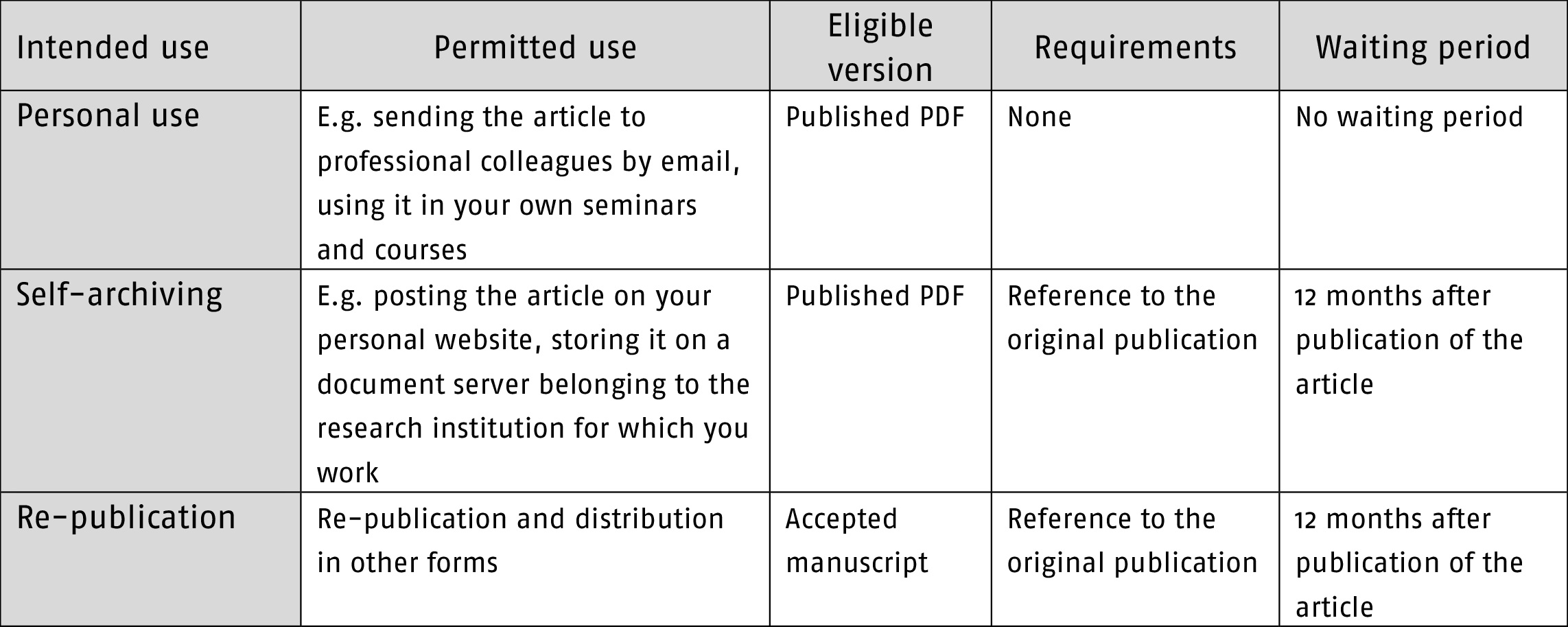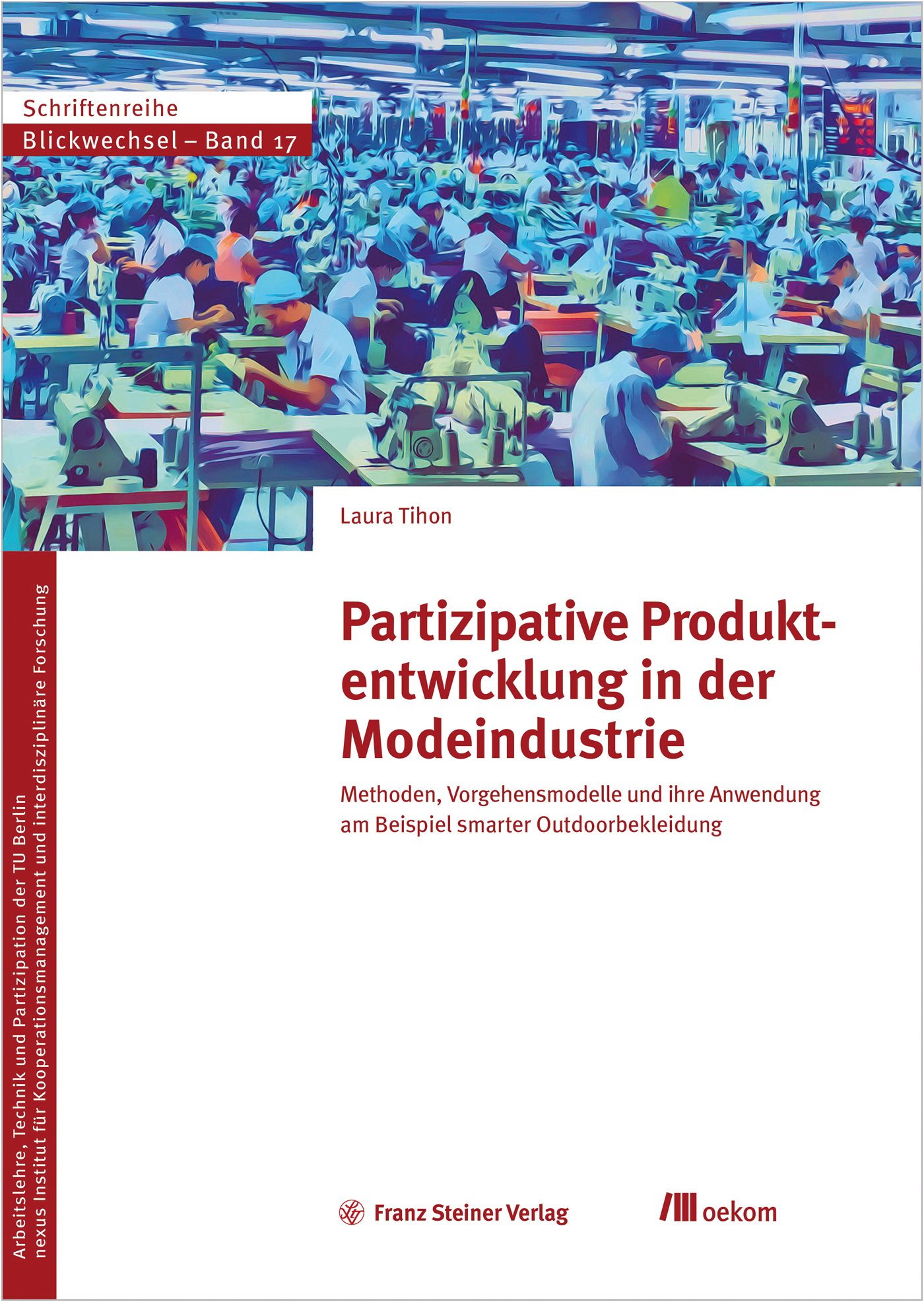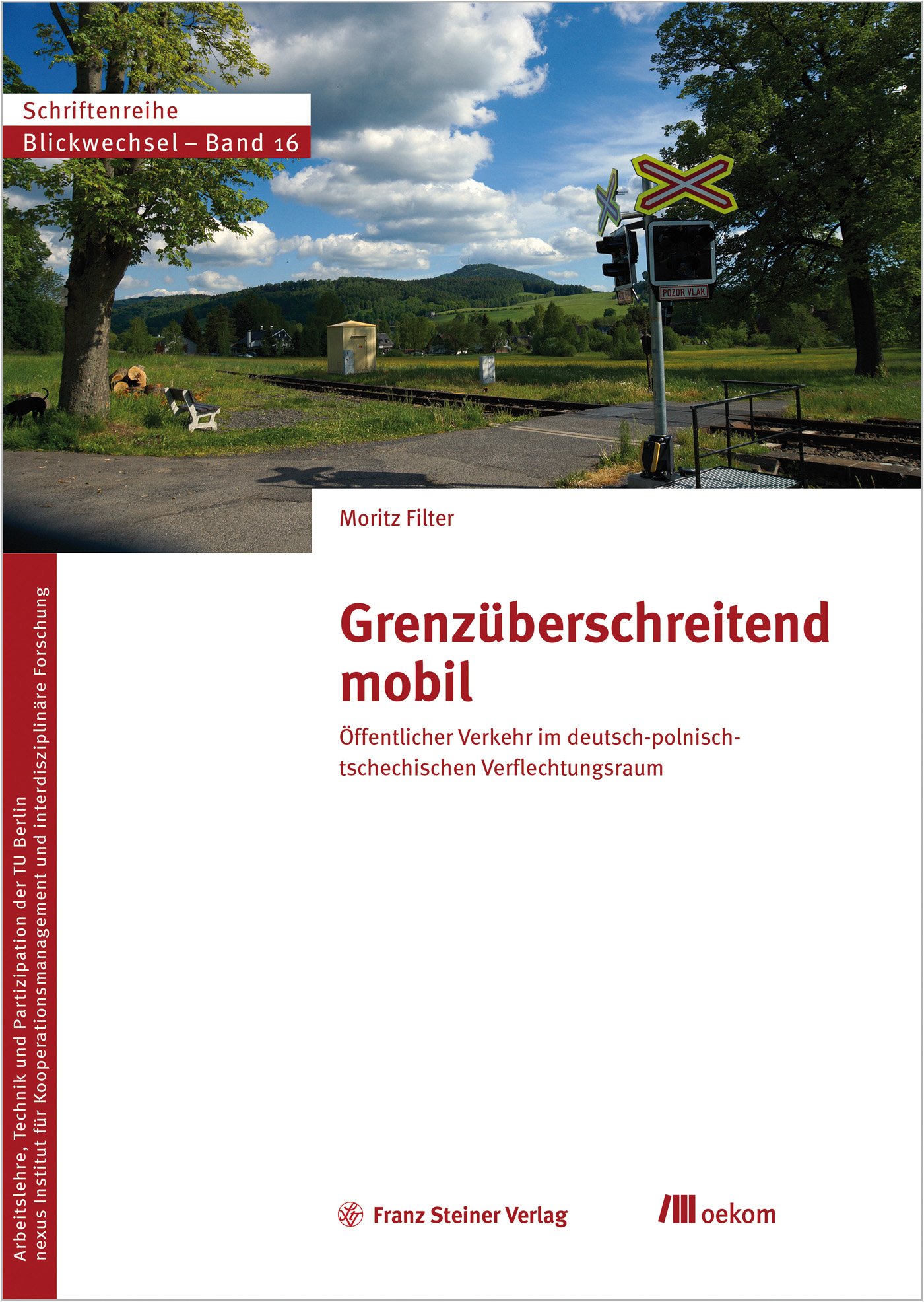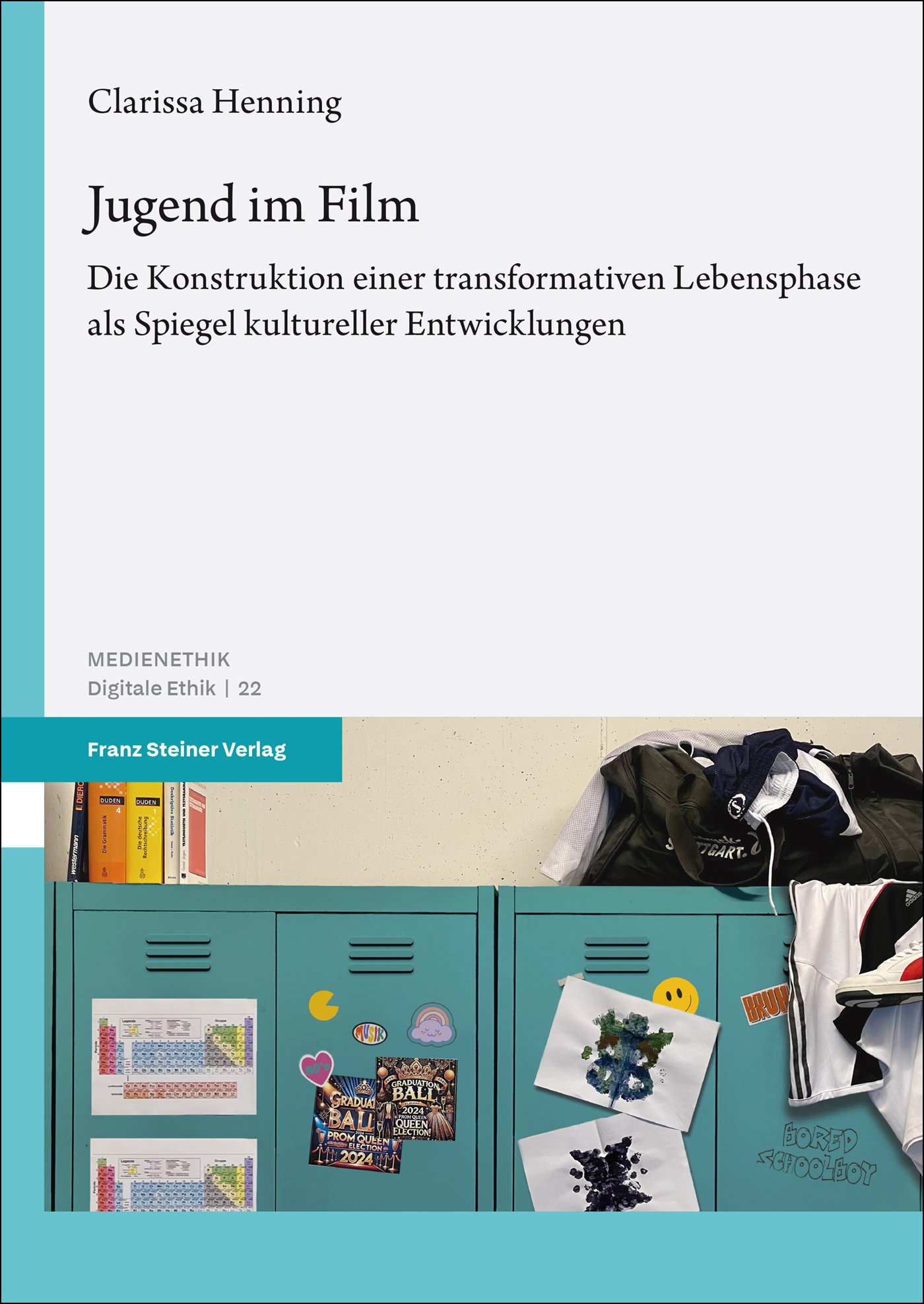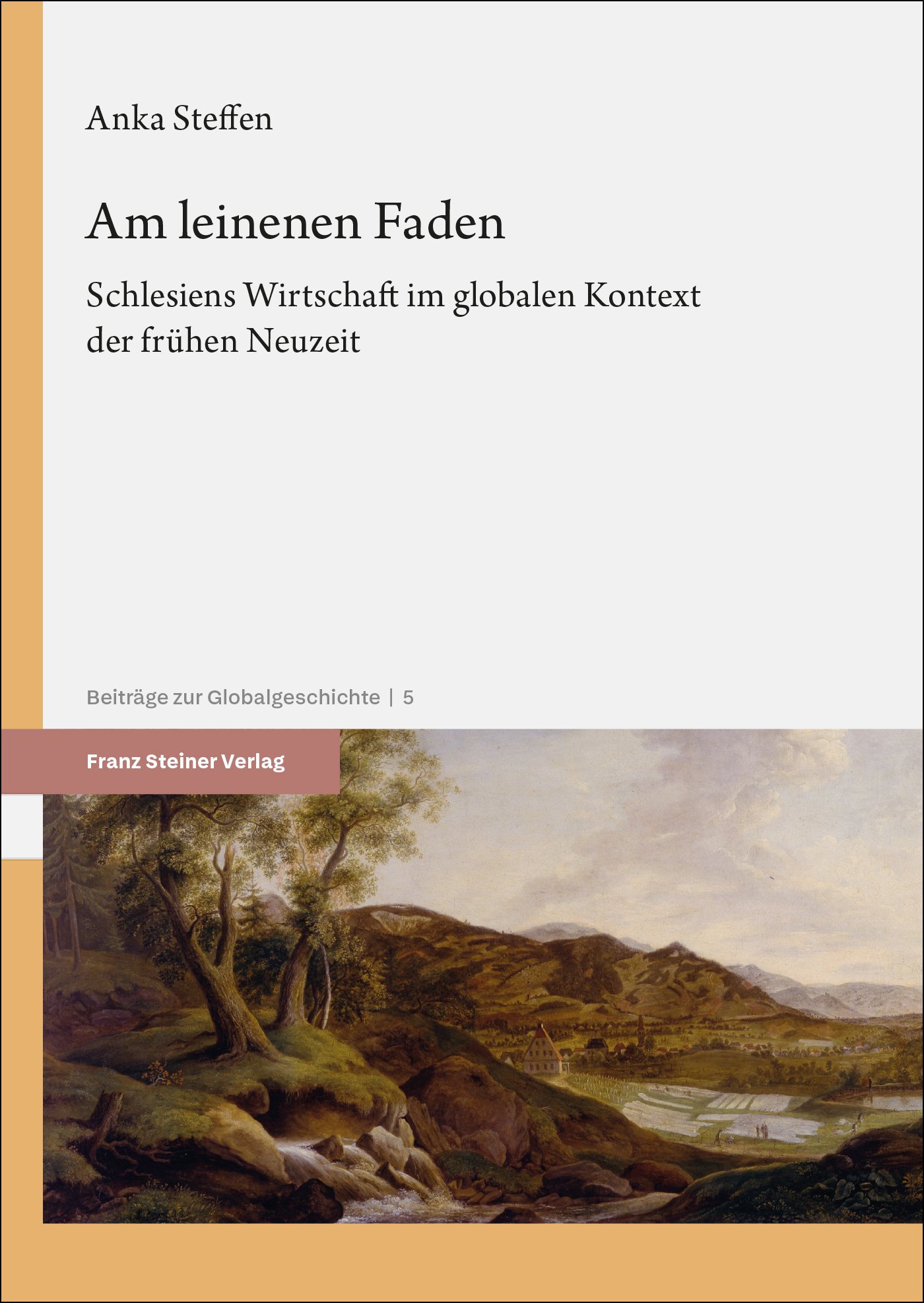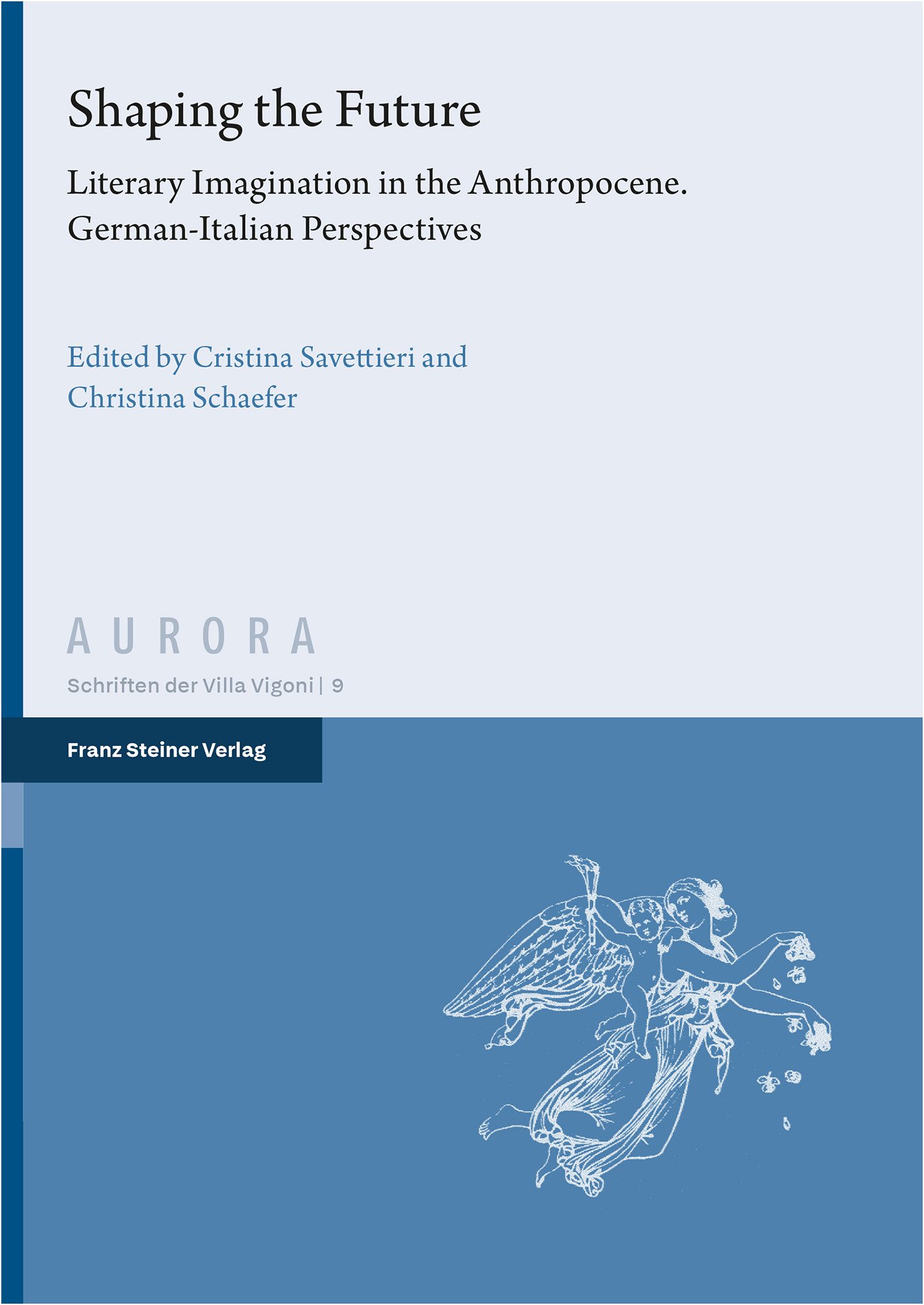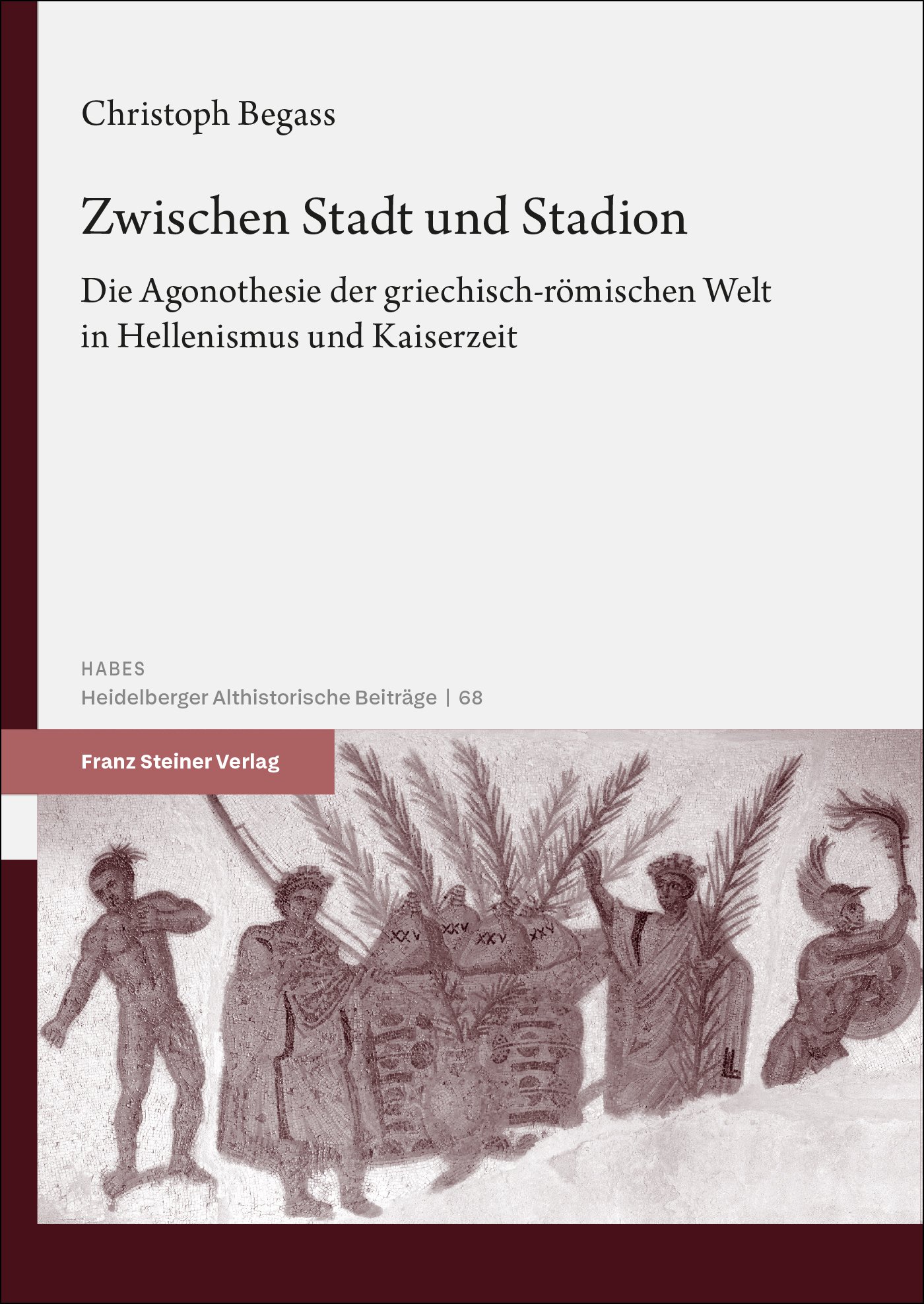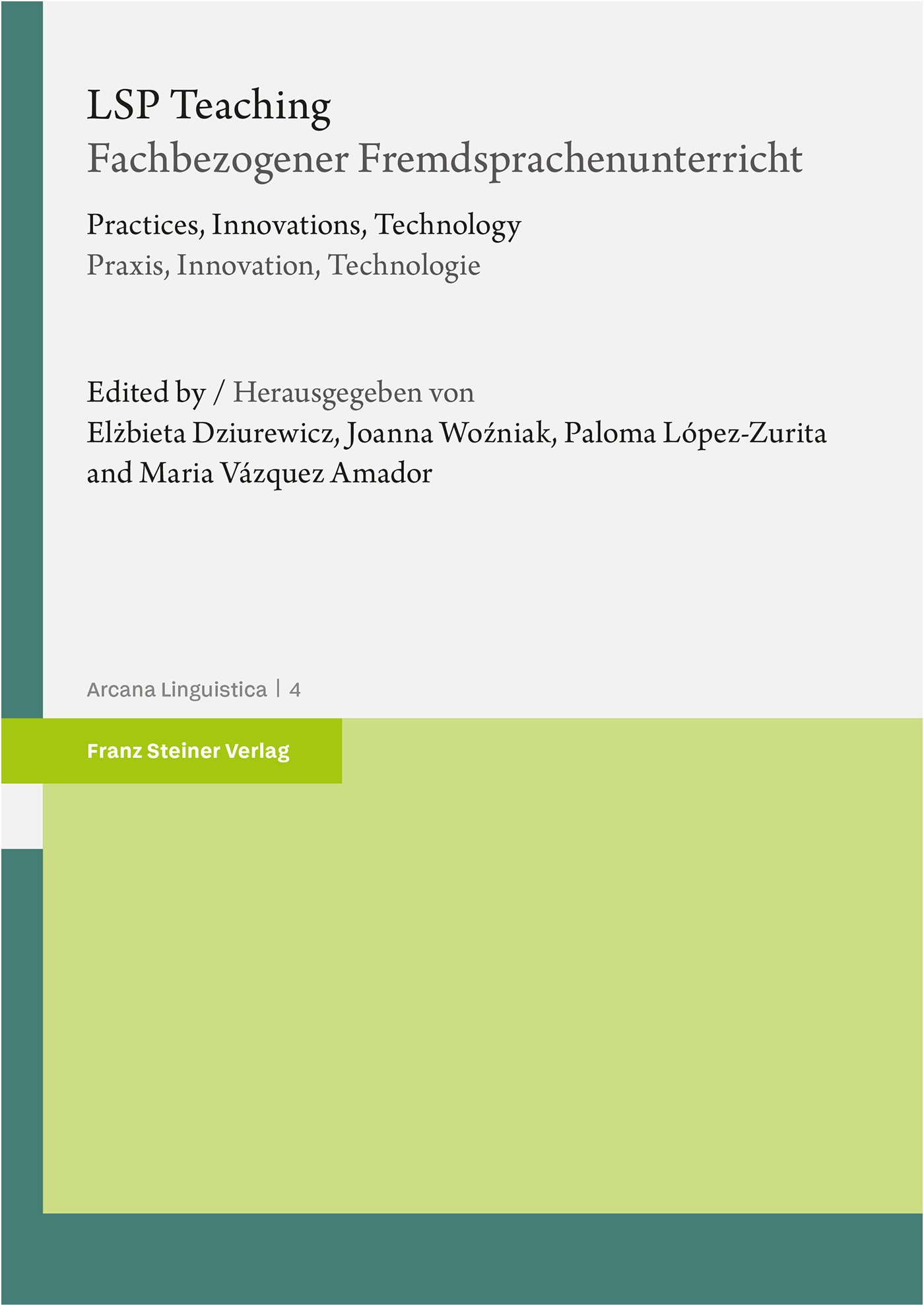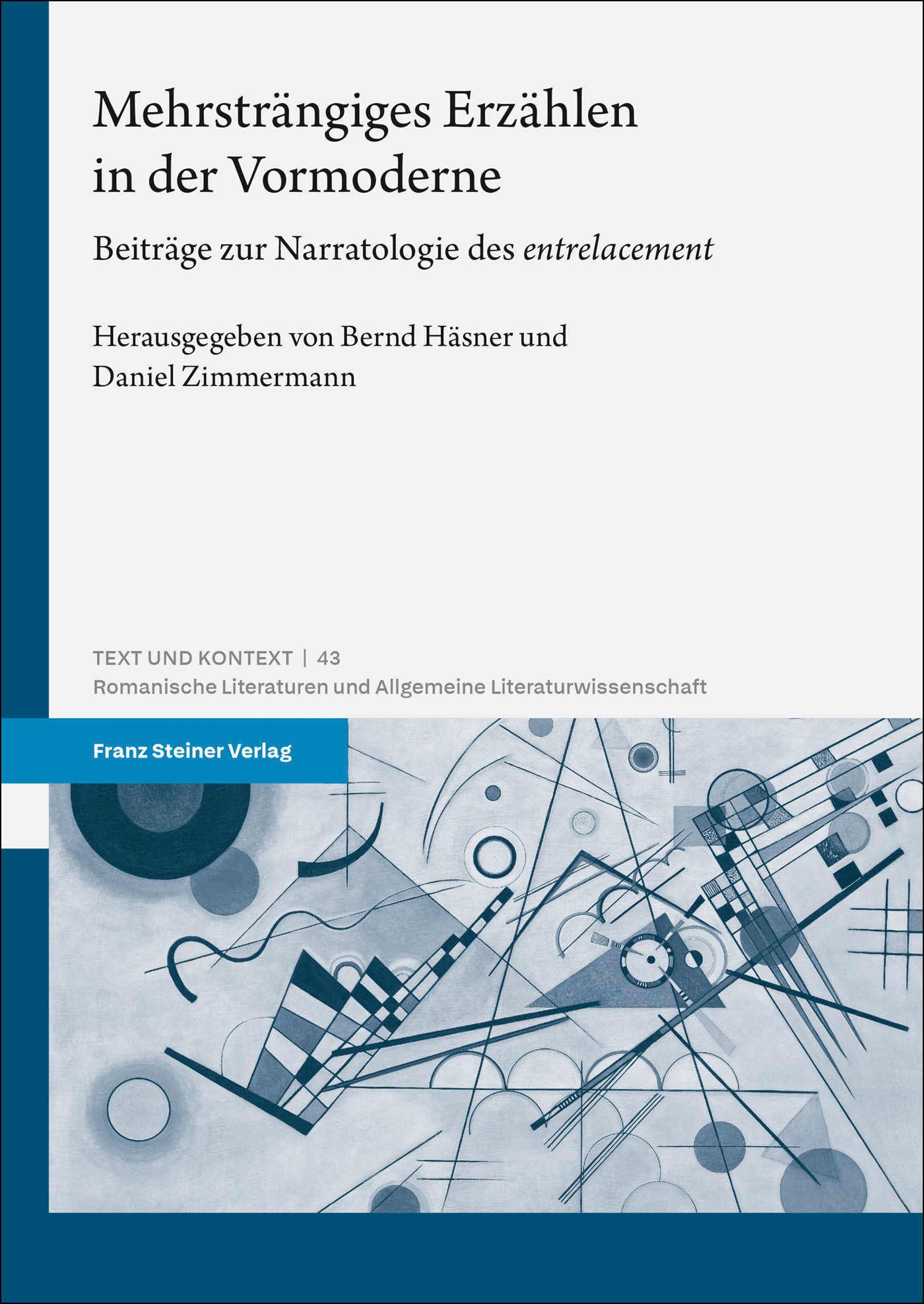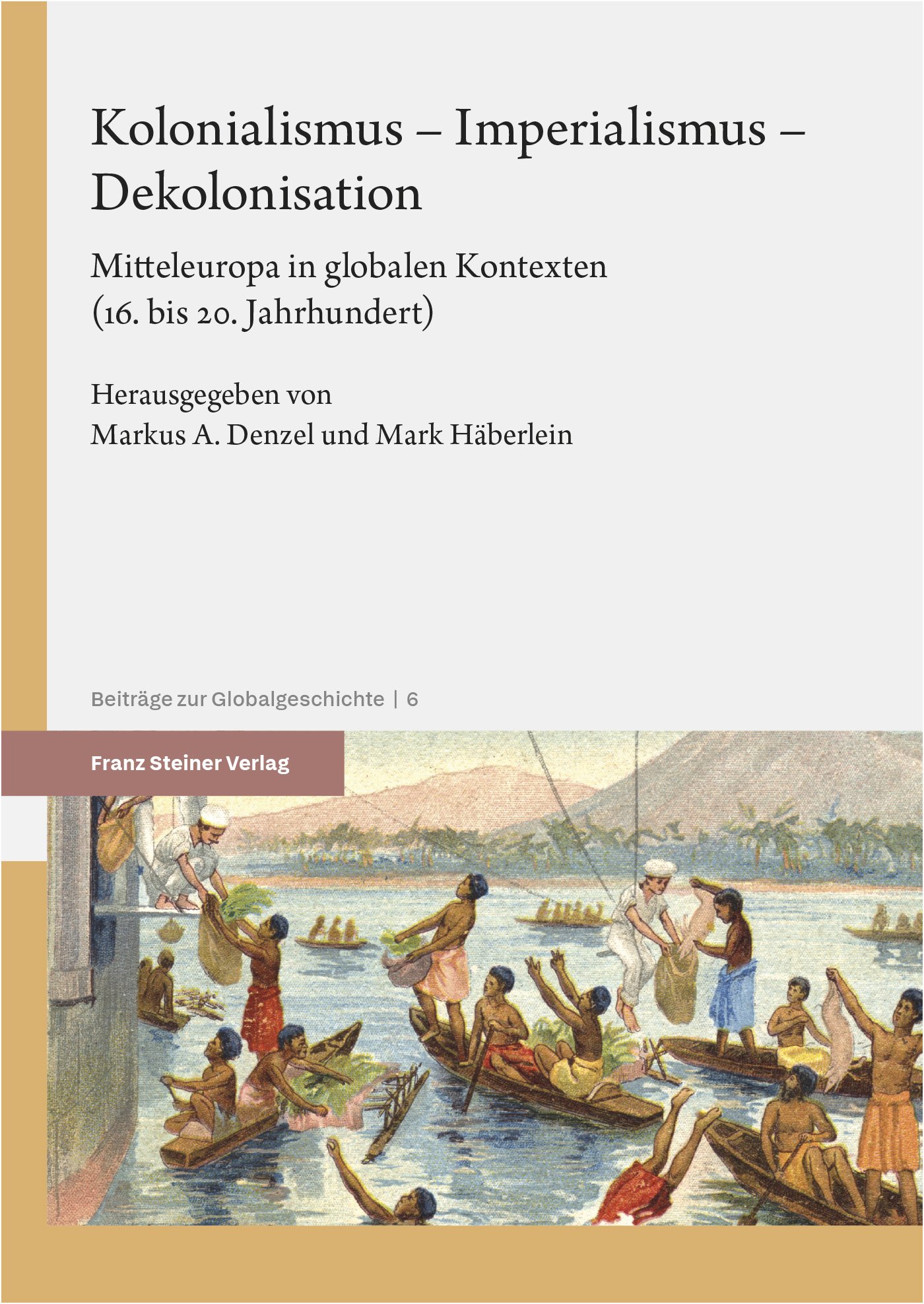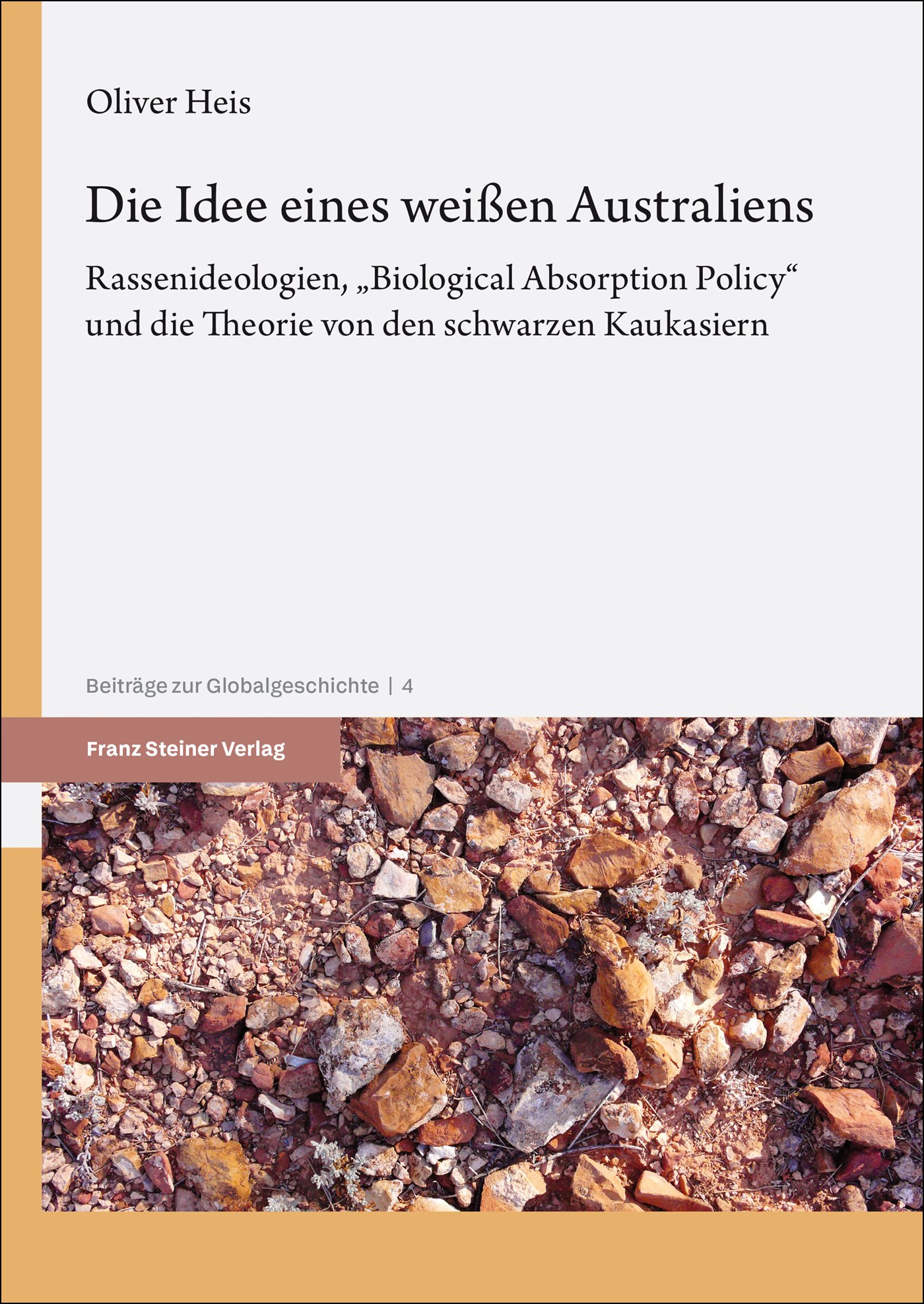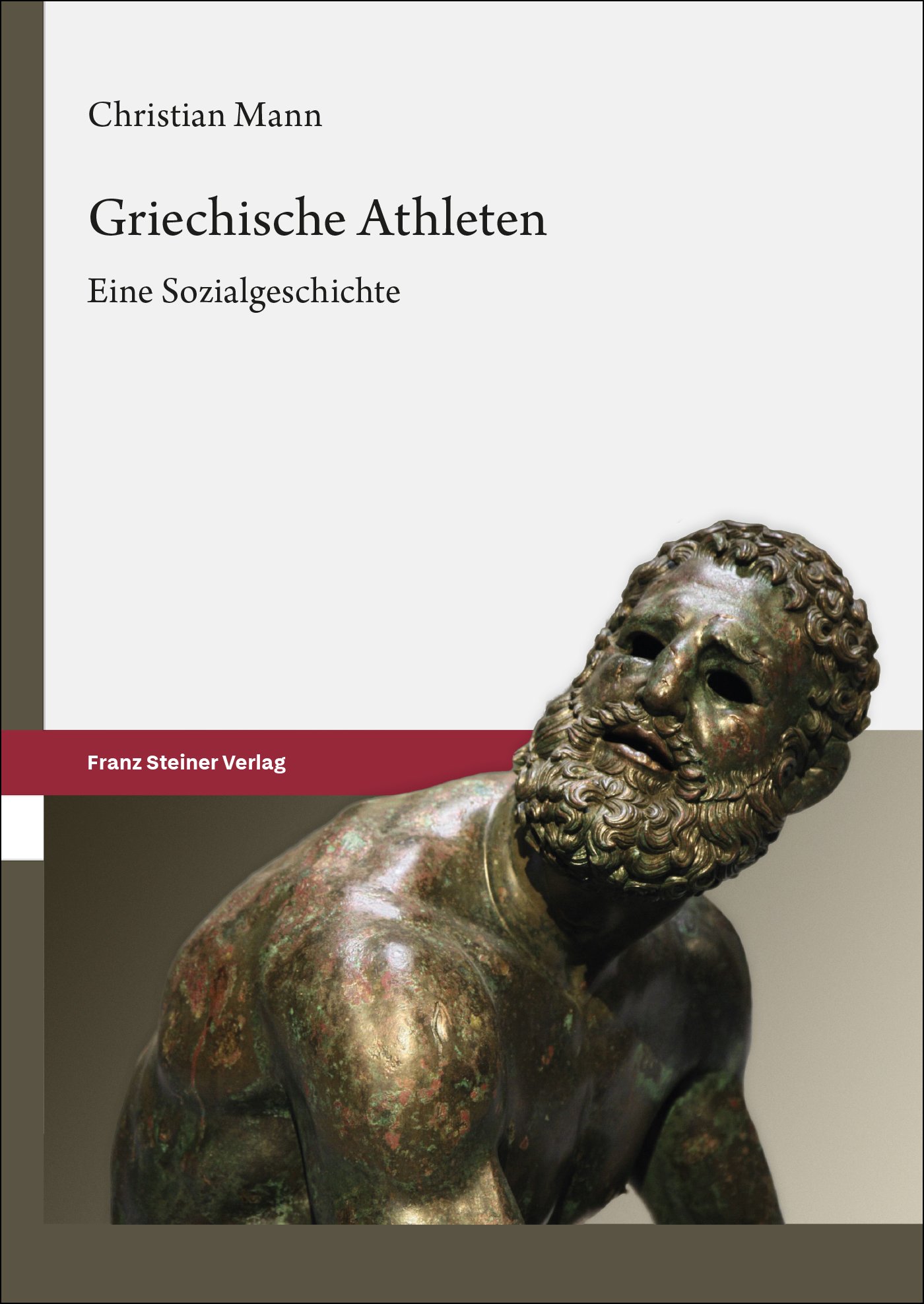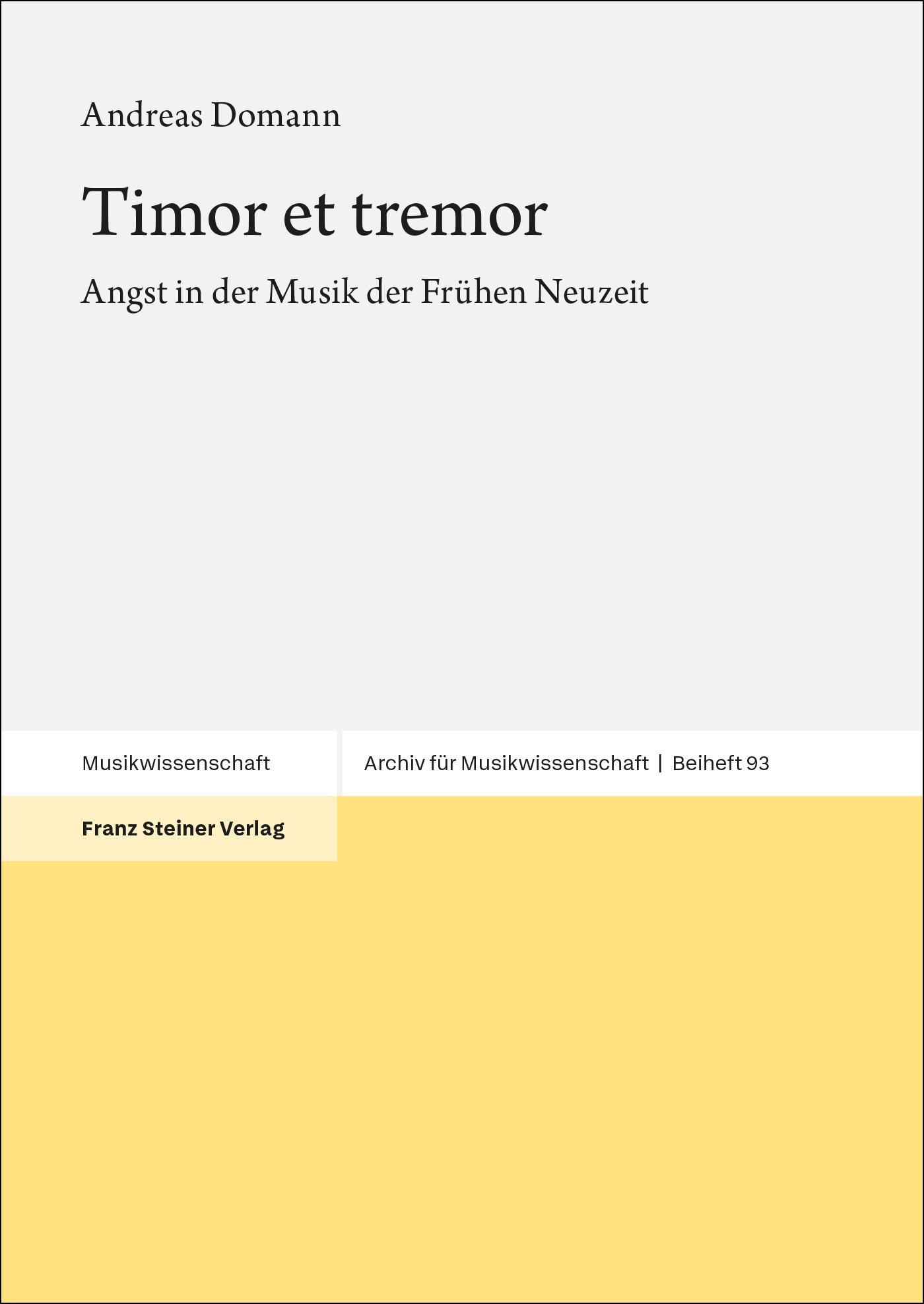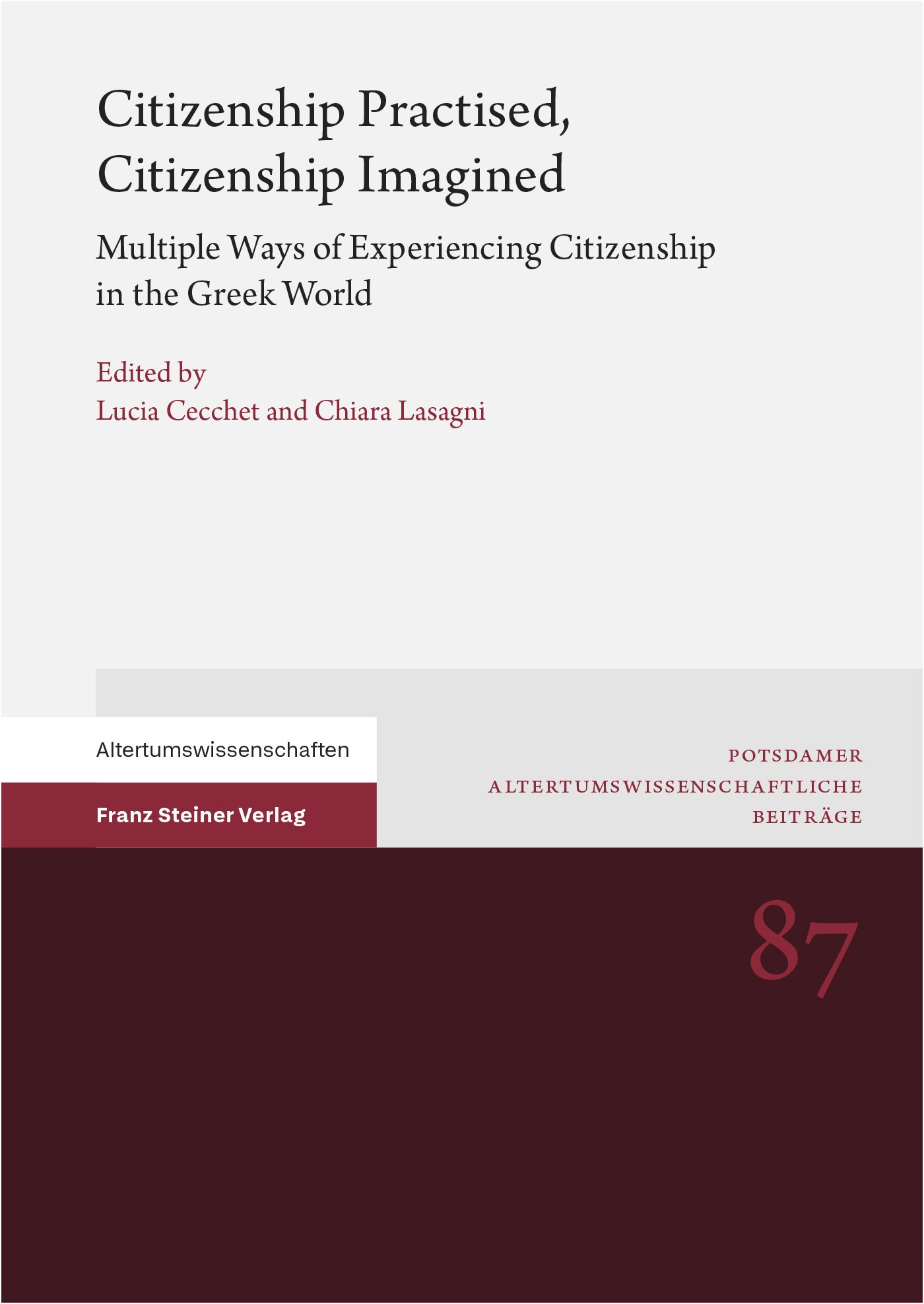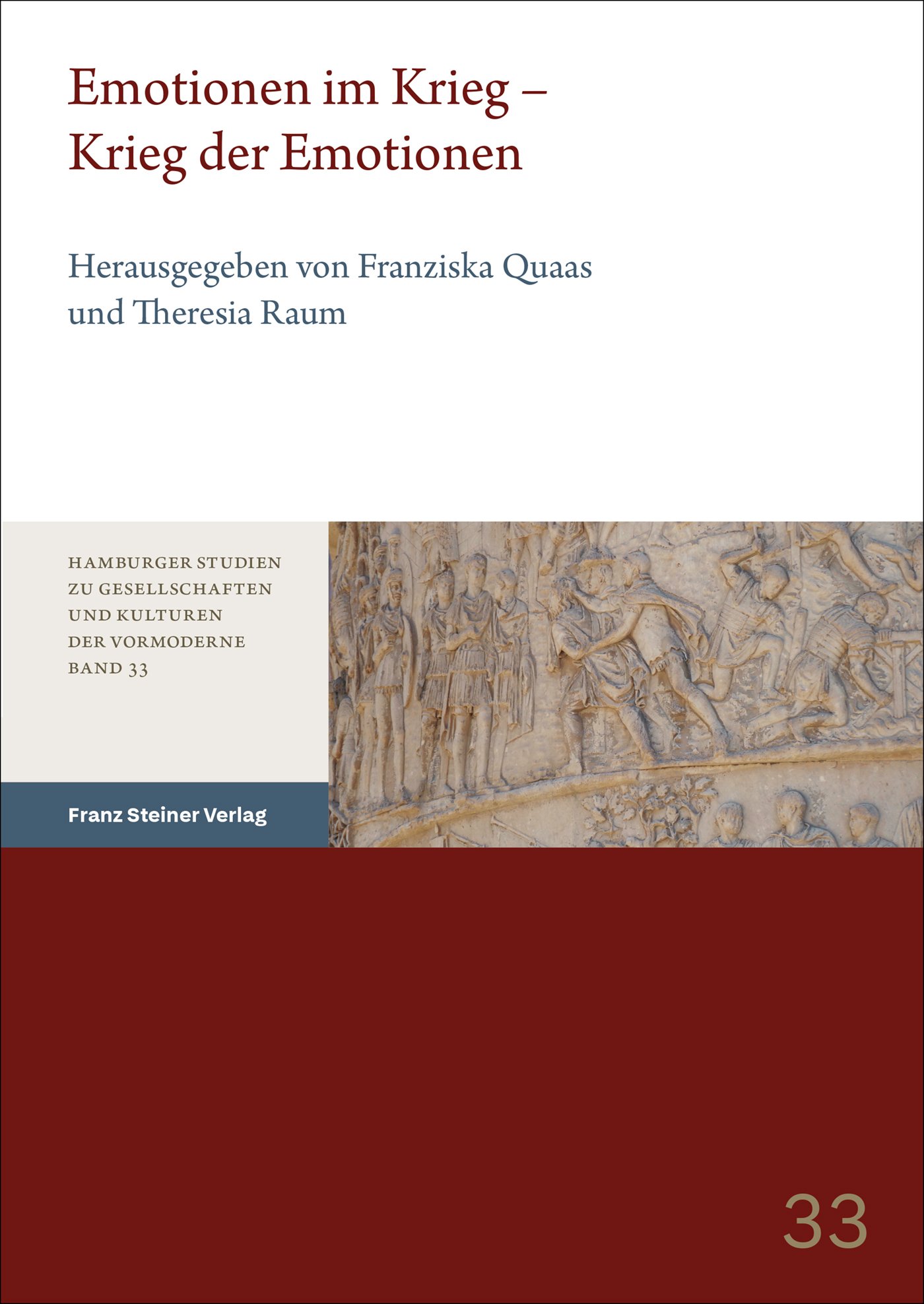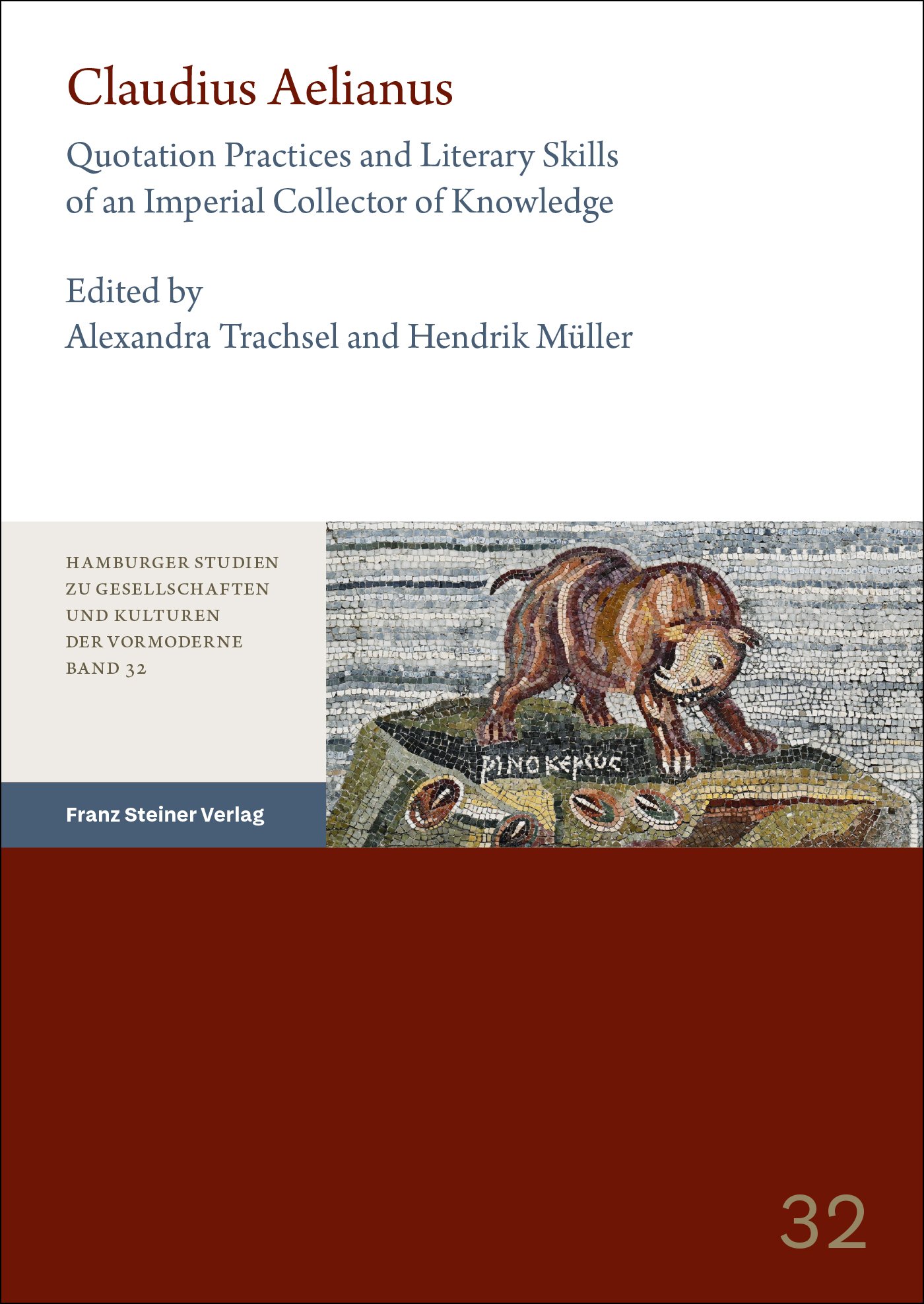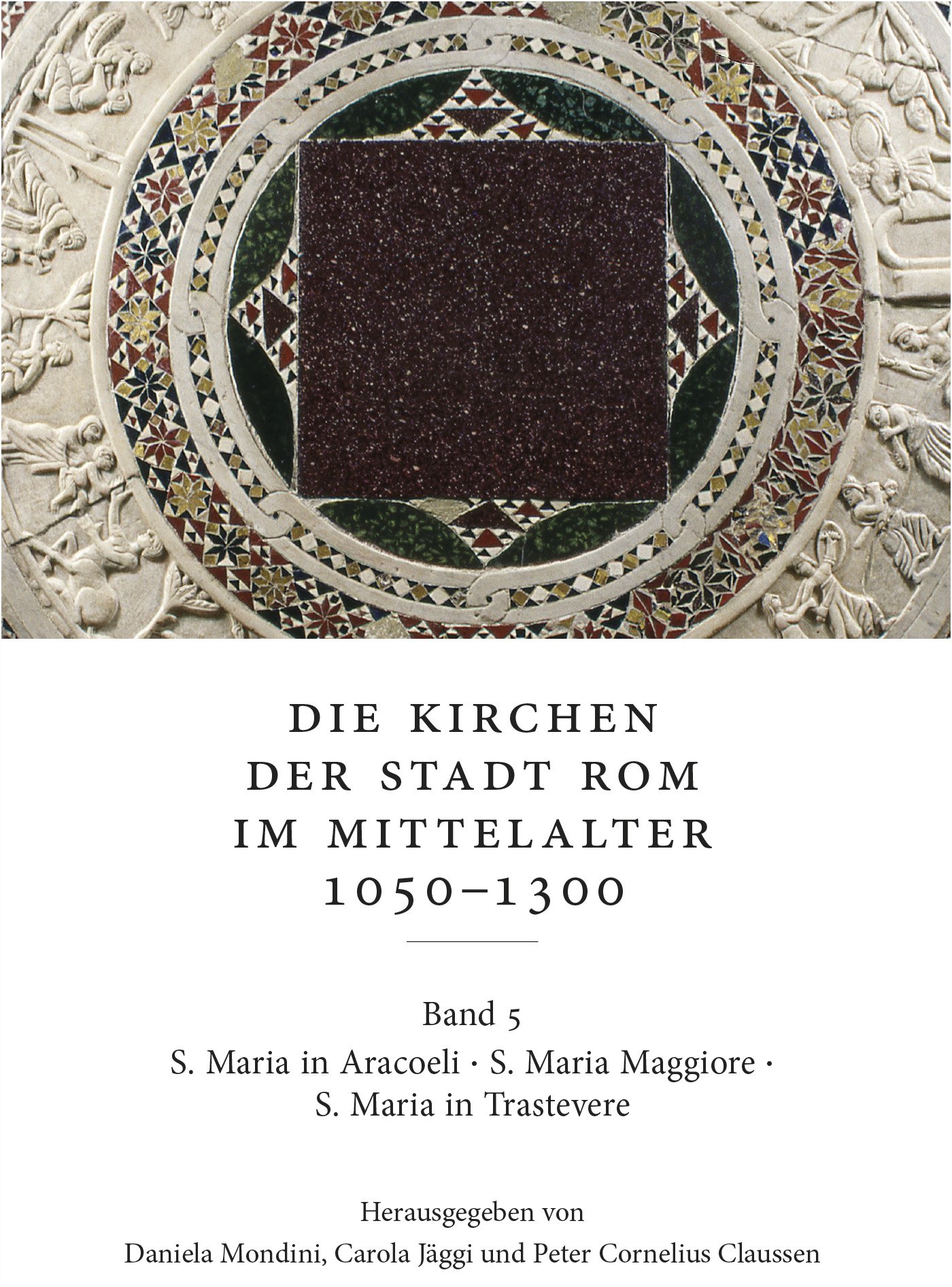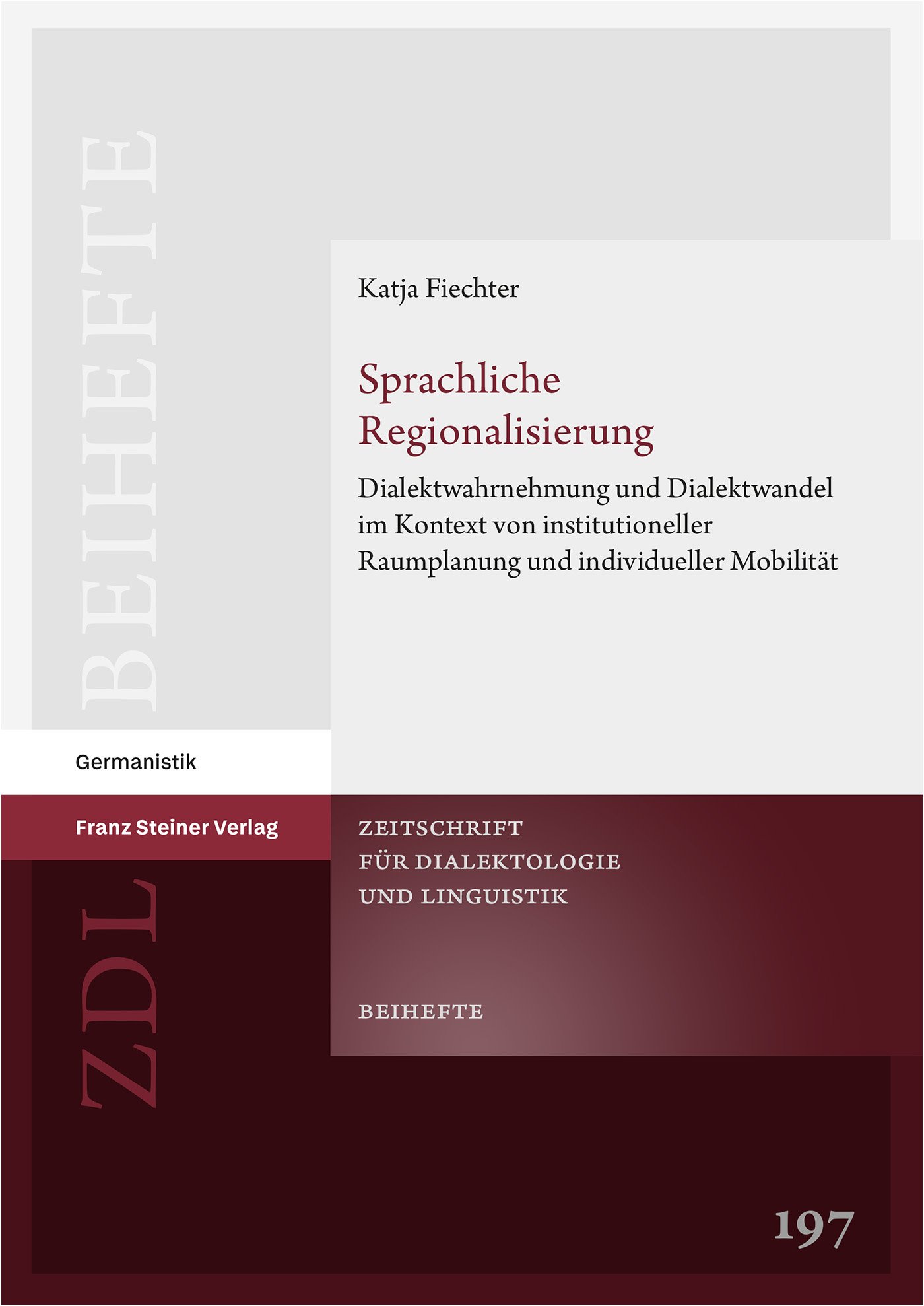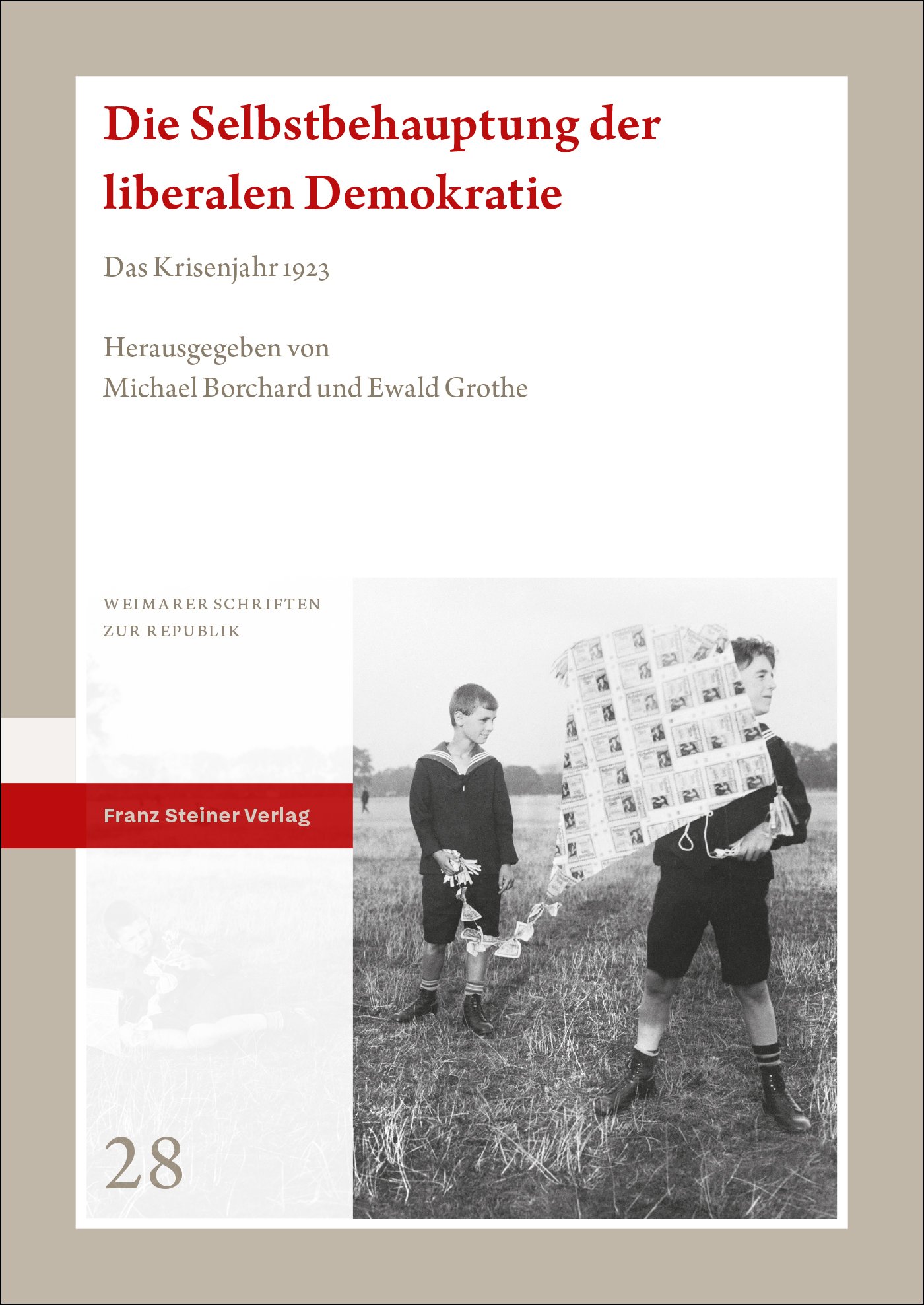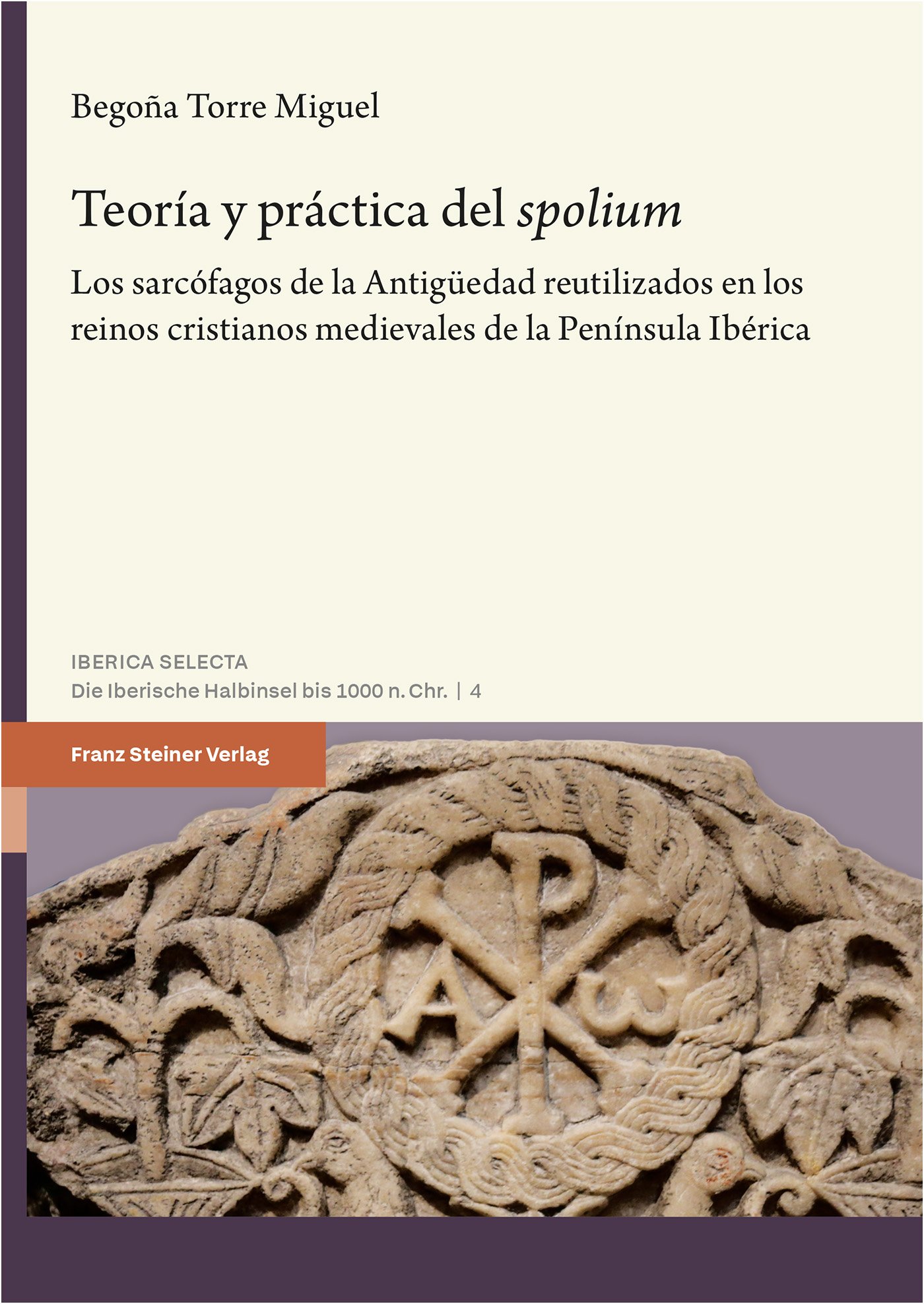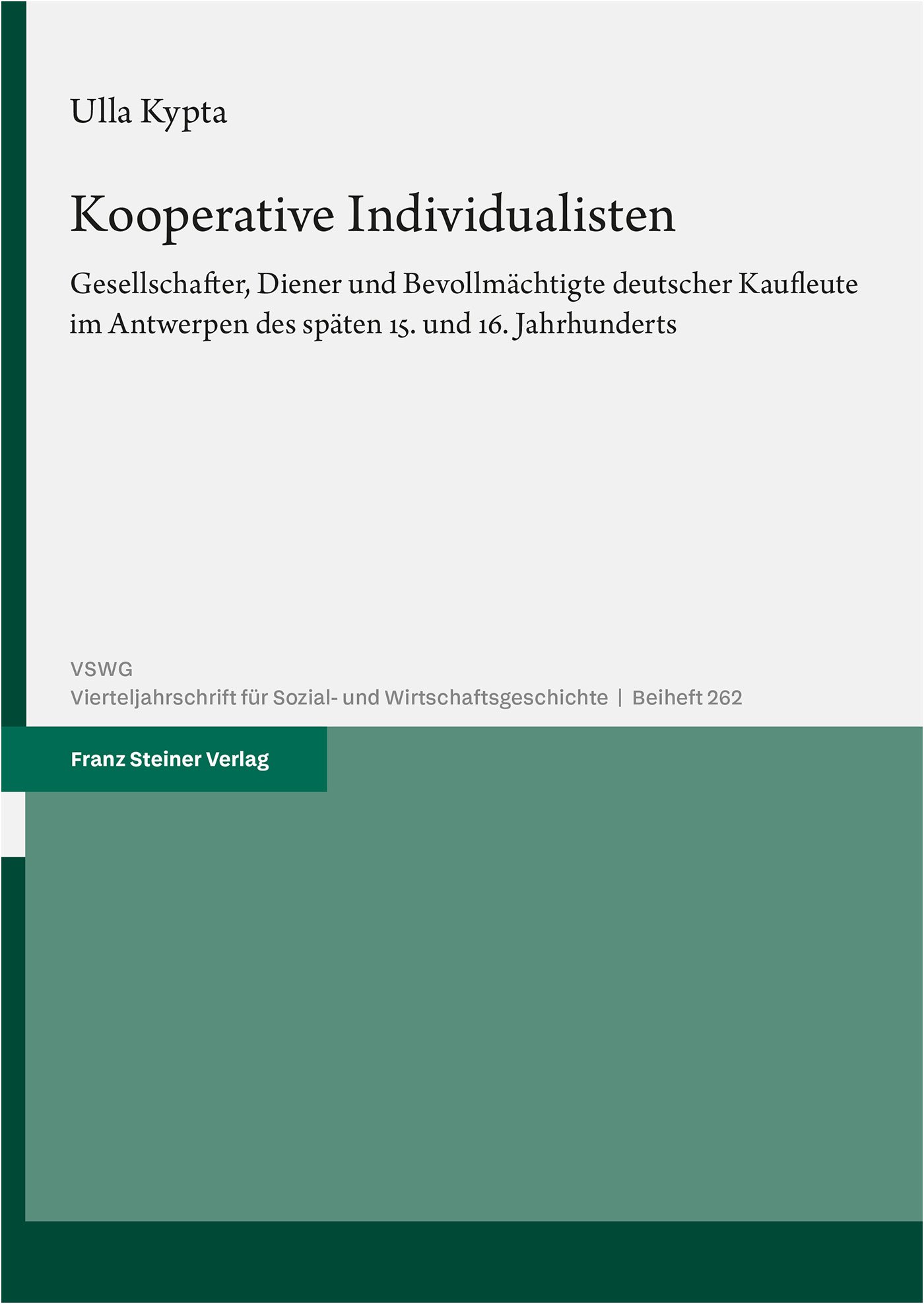Copyright and self-archiving
Grant of rights
- When an article is accepted for publication in one of our journals or anthologies, you transfer the exclusive publication rights to the publisher until the copyright expires. This includes in particular the right to generate electronic copies of the works, to store them in databases and to reproduce and distribute them online and offline.
- For articles published under open access conditions, you grant the publisher the rights to reproduce, use and distribute them in accordance with the agreed license.
Personal use
- Personal use is permitted. This includes sending the published PDF of the article to professional colleagues by email or using it in your own seminars and courses.
- Any commercial use or the systematic dissemination of the contents is not permitted.
Self-archiving and re-publication
Self-archiving
- If you wish to deposit one of your own articles in an online archive after it was published by Franz Steiner in a journal or anthology, the following rules apply:
- In the case of contributions published in scholarly journals and edited volumes, you may make the published PDF of your articles available online (“self-archiving”) after a waiting period of 12 months after the article first appears. Such self-archiving is restricted to posting the article on your personal website or storing it on a document server belonging to the research institution for which you work. Author profiles on collaborative platforms such as academia.edu are not considered personal websites and are therefore not covered by the rules regarding permitted personal use.
- Permission from the publisher is not required for self-archiving; however, you are responsible for ensuring adherence to the legal conditions stated above.
- Materials from third-party sources such as figures and images are excluded from these provisions; the right to use such materials must be acquired from the copyright holder, even for self-archiving purposes!
Re-publication
- According to Section 38 (1) and (2) of the German Copyright and Related Rights Act (UrhG), you may publish the accepted manuscript version of your article elsewhere after the expiry of one calendar year after the first publication.
Reference to the original publication
- Both for self-archiving and re-publication the article must be accompanied by complete reference to the first publication and a link to purchasing information at our publishing house. If available, we recommend providing the DOI of your article for this purpose.
Overview self-archiving and re-publication
- Self-archiving before the expiration of the above-stated waiting period is possible for a charge. You can find our current price list under licences and reprints. We will be happy to answer any questions you may have – also regarding all other types of use.
New releases
New
Michael Borchard (ed.) ,
Ewald Grothe (ed.)
Die Selbstbehauptung der liberalen Demokratie
Das Krisenjahr 1923
